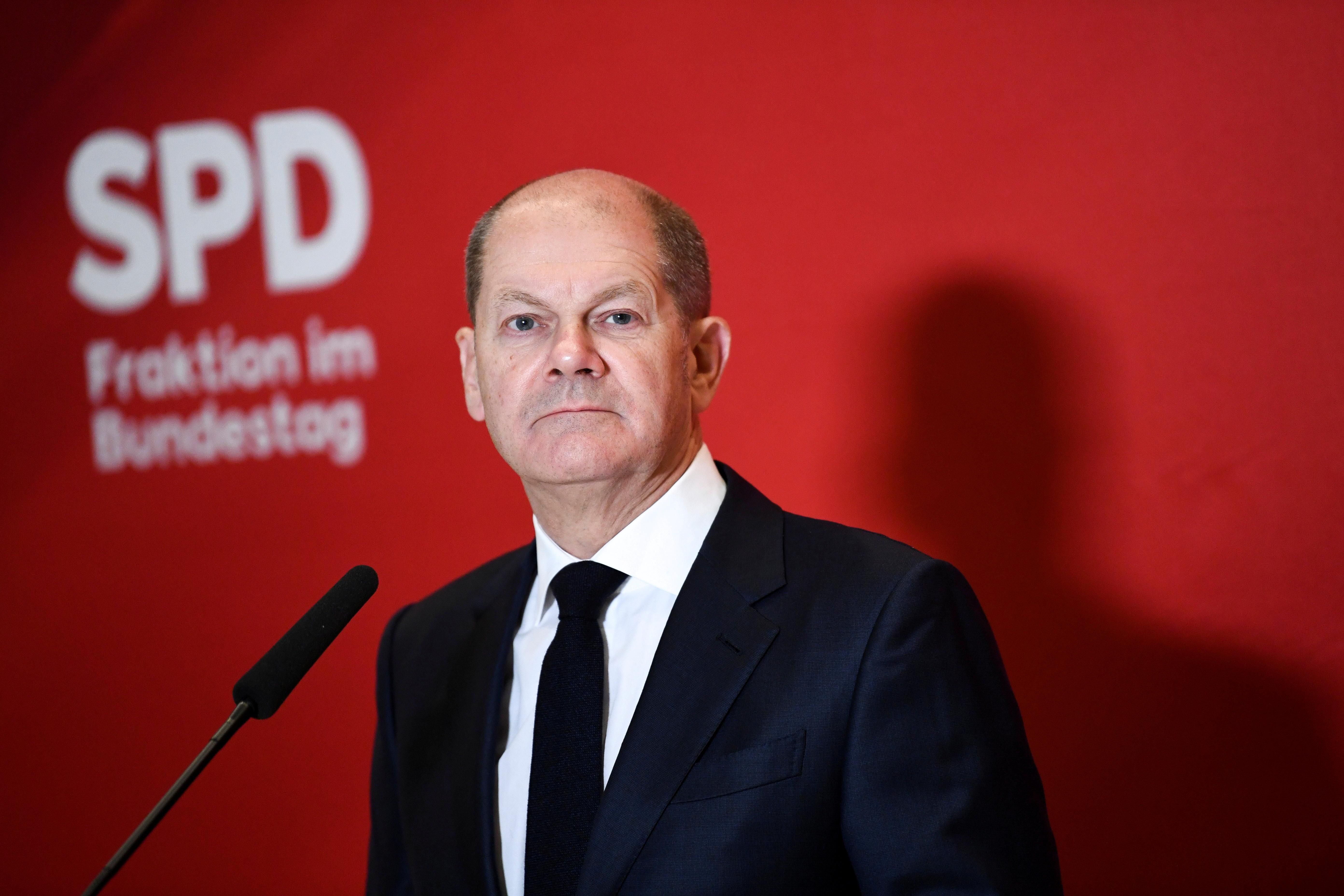November 22, 2021
Who's going to run Germany? With coalition negotiations now reportedly in the home stretch, we could know what the next German government looks like as soon as Monday or Tuesday. Following elections that were held back in September, the center-left SPD, headed by Chancellor-in-waiting Olaf Scholz, has been hammering together a three-way coalition with the progressive Greens and the fiscal hawks of the Free Democrats Party. One big question mark is whether the spendthrift Greens or the tighter-pursestrings FDP will get the powerful finance ministry portfolio. Meanwhile, Green Party leader Annalena Baerbock is expected to become Germany's first female foreign minister, part of Scholz's larger pledge to ensure that the cabinet is split 50:50 between men and women.
More For You
America’s new National Security Strategy confirms what Europeans have feared for months: Washington now sees a strong, unified European Union as a problem to be solved, not an ally to be supported.
Most Popular
Sponsored posts
The power of sports
What's Good Wednesdays
What’s Good Wednesdays™, December 10, 2025
Walmart sponsored posts
Walmart's $350 billion commitment to American jobs
In this episode of Tools and Weapons, Microsoft Vice Chair and President Brad Smith sits down with Ed Policy, President and CEO of the Green Bay Packers, to discuss how purpose-driven leadership and innovation are shaping the future of one of the world’s most iconic sports franchises. Ed shares how technology and community-focused initiatives, from Titletown Tech to health and safety innovations on the field, are transforming not just the game of football, but the economy and culture of Green Bay itself. He explains how combining strategic vision with investment in local startups is keeping talent in the Midwest and creating opportunities that extend far beyond Lambeau Field.
Subscribe and find new episodes monthly, wherever you listen to podcasts.
Members of security forces stand guard outside a polliong station, a week late in a special election, after the local governing party kept voting closed on election day, amid accusations of sabotage and fraud, in a presidential race still too close to call as counting continues, in San Antonio de Flores, Honduras, December 7, 2025.
REUTERS/Leonel Estrada
More than a week after Hondurans cast their ballots in a presidential election, the country is still stuck in a potentially-dangerous post-election fog.
© 2025 GZERO Media. All Rights Reserved | A Eurasia Group media company.
